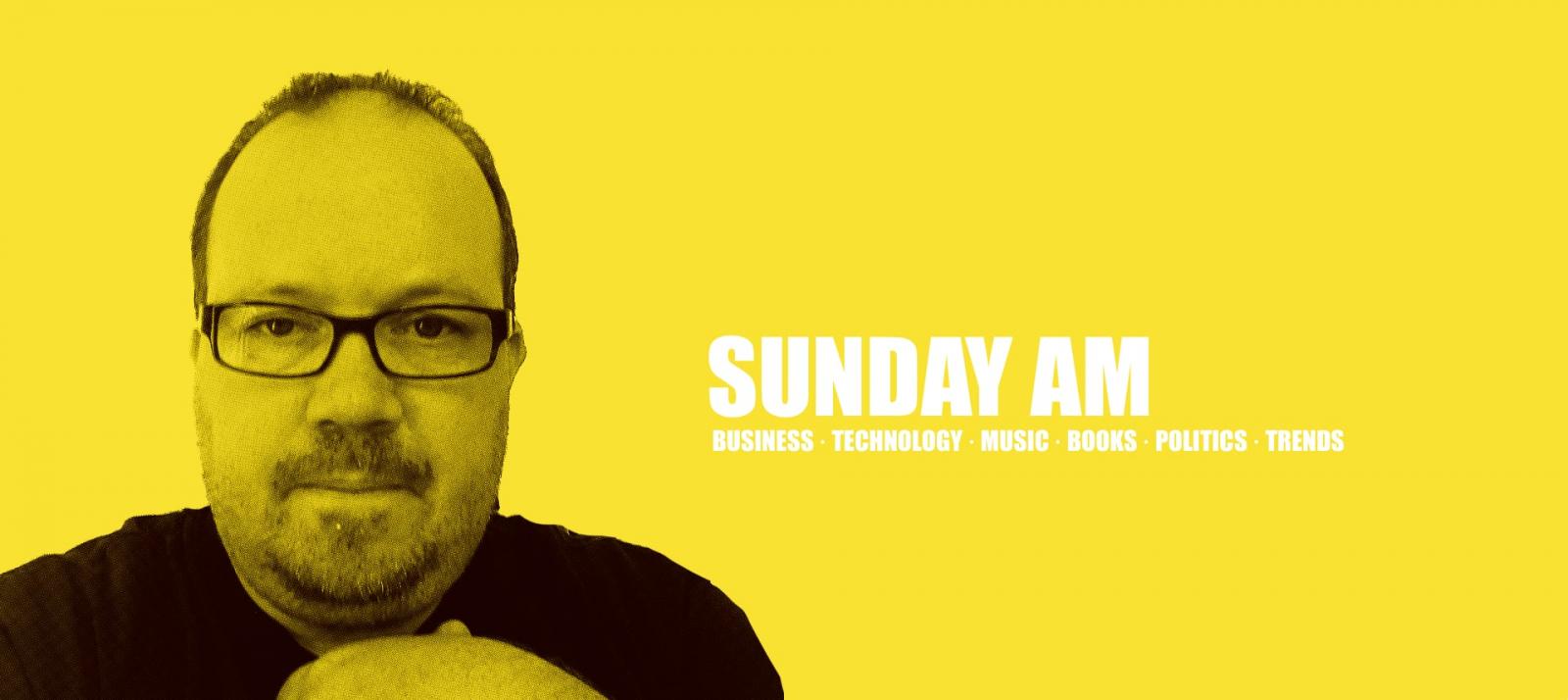Software as a Service - SaaS - and subscription economy has grown tremendously, and it's changing business radically. In our private lives, we have known subscriptions for years with our mobile phones, Netflix's, and hundreds of other things that we take for granted. The subscription model finds its way into more and more industries, and as you know, a sweet child has many names. Leasing, SaaS, subscription, and even more creative expressions are used for a business model, where we don't buy and own an asset. Sometimes the asset itself has no value after an agreed period, and the product is scrapped. Software services become more and more valuable over time as software keeps improving. Hardware either degrades or needs to be upgraded frequently to at least keep value. All models have one thing in common - the user/customer will pay for a service that can include hardware - not always - and pay in smaller frequent installments.
The economy for the service provider can have a drastic influence, as you can easily see in the following examples. Most of the development cost is booked if you develop software even before the software is ready to ship. If the software is typically sold at a price of, let's say, €1,000, you can easily see that a subscription model of, let's say €100 per month, will take ten months before revenue reaches the same. Since the subscription from this time forward, in principle, is more expensive than a subscription, the provider now develops new features, updates, and adds support/service to the subscription - and most can easily see this is a win/win situation.
If you lease a car, there is a huge physical cost to each subscription or lease, and the car's value decreases over time and mileage.
Therefore, the subscription model is a shift in how products/services are financed. If you can earn your customer's loyalty over many instalments, it can become an extremely interesting business model.
However, subscriptions offer you more advantages, since you will probably learn more about your customers, and therefore, able to deliver more add-on services.
Subscriptions will also lead to entirely new ways of seeing assets. Why own a car, or even have one in your garage if the car will be available when you need it and can be shared with more families? This is what to expect with self-driving vehicles in a not-so-distant future. Imagine how much this will change the car industry? or imagine that a vendor of print equipment offers a service where you only pay for the utilization of the machine and that one machine can serve more customers. I am confident this will happen. I am sure it will happen because the value is not owning equipment but the services you provide. Maybe a consideration worth it?

Login
New User? Signup
Reset Password
Signup
Existing User? Login here
Login here
Reset Password
Please enter your registered email address. You will recieve a link to reset your password via email.
New User? Signup